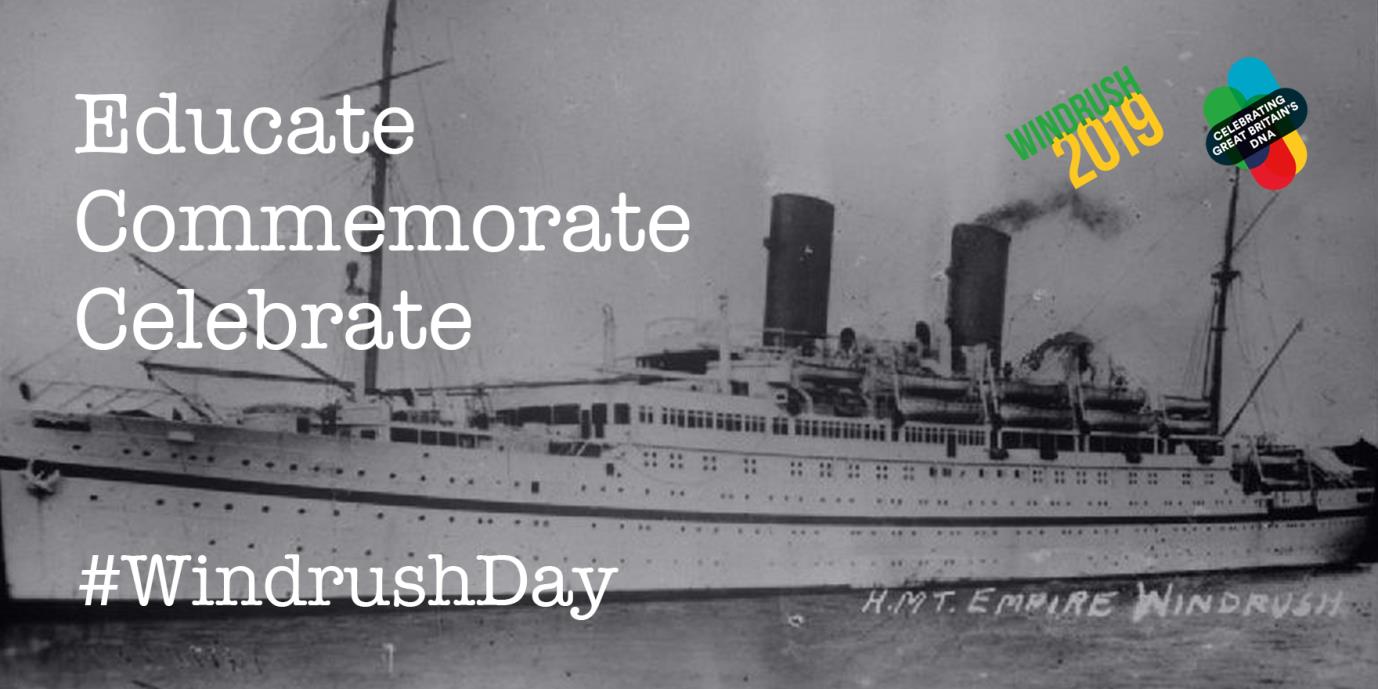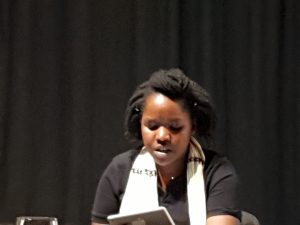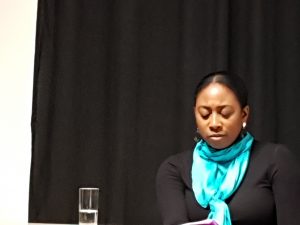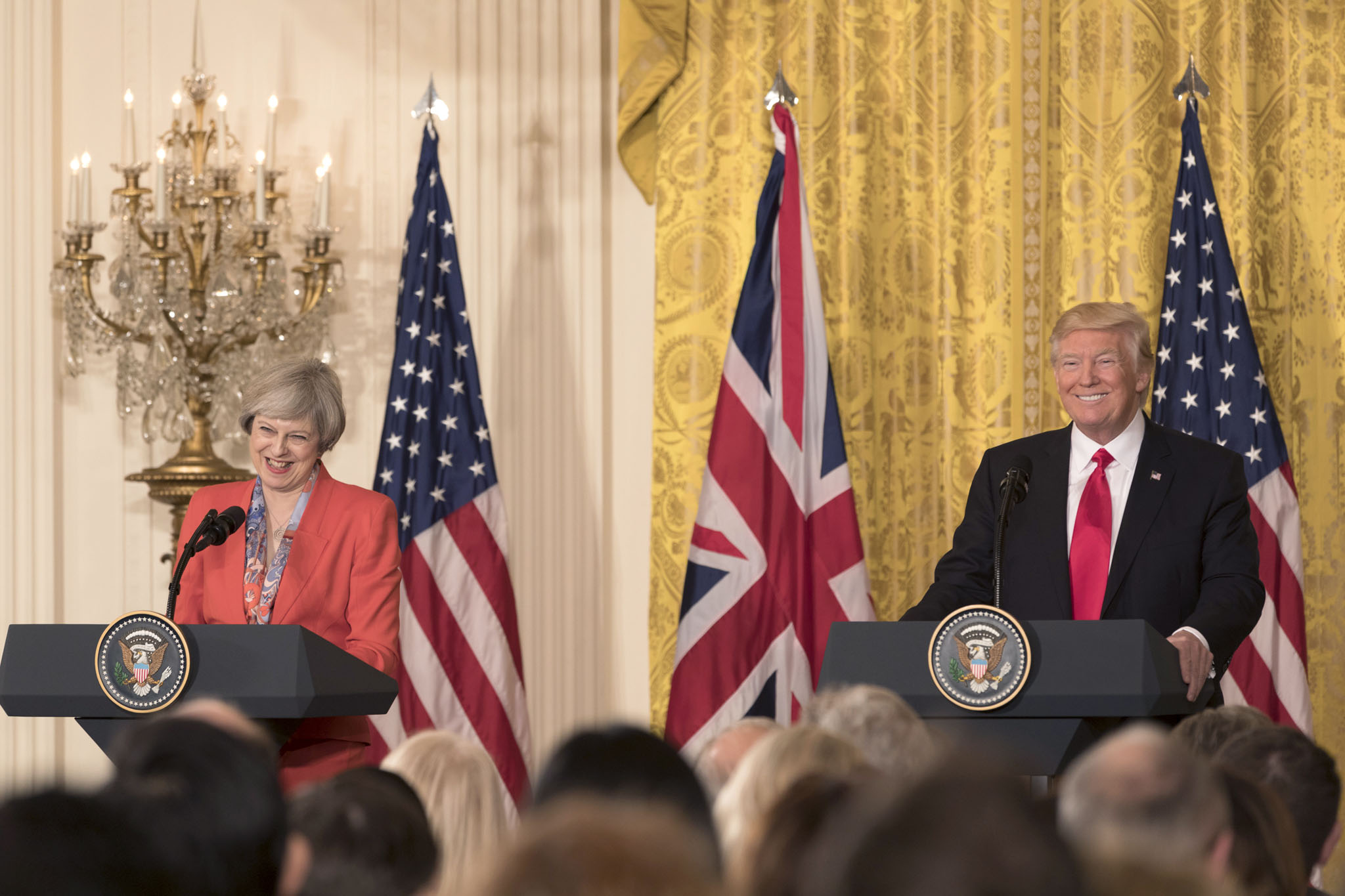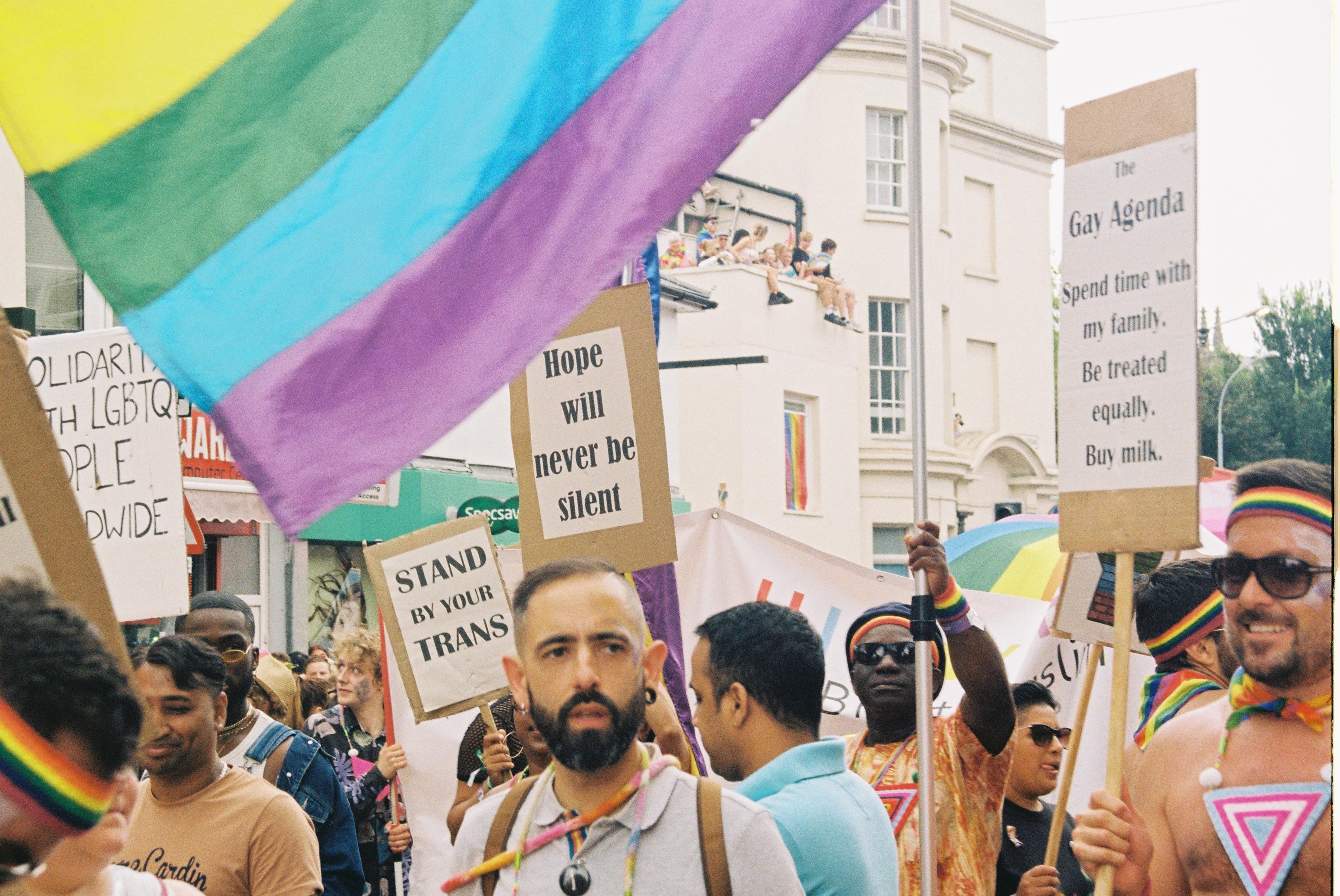On Thursday the 17th of October the organisation ‘Writing Our Legacy’ in Brighton and Hove, hosted their event for Black History Month. Which was a literary event to pay homage to those who have been linked to the injustices faced by the Windrush Movement.
Writing our legacy is an organisation which aims to raise awareness of the contributions of Black and Ethnic Minority (BME) writers, poets, playwrights and authors born, living or connected to Sussex and the South East. The organisation was founded in April 2012 and has since continued to achieve its aims and grow its community. The organisation is run by a community of volunteers who focus on sharing knowledge in relation to the writing and field and creating events which allow people to connect with likeminded individuals. In the past they have held, workshops, networking opportunities, script and playwriting events as well as reading and performing events like this one held to commemorate the Windrush generation.
In between 1948 and 1970 nearly half a million people moved from the Caribbean to Britain on a ship named ‘Empire Windrush’. The move was prompted by Britain encouraging people from its colonies to migrate to Britain and help it develop post-war. However, upon their arrival to Britain, they soon discovered that they had just been painted and given false dreams and hopes as they were instead exploited in various ways.
As years past many of them were denied returning back and as generations passed children and grand-children of those from the Windrush Generation continued to face injustices. Despite having called Britain home for as far back as they can remember, they were treated as illegal immigrants, denied basic health and housing rights and some even faced deportation under the Hostile Environment Policy in 2010, which consisted of legislative and administrative measures that made the United Kingdom a difficult place to live for those regarded as people without leave to remain.
Last year the government was increasingly pressured into releasing statistics and numbers regarding the amount of people affected. While numbers have still not been confirmed, at least it is known that about eighty-three people were wrongfully deported, and many more were wrongfully detained and ended up losing jobs or access to health services. This scandal continued into as recent as last year, where it was seen as part of Theresa May’s government’s “hostile environment policy” and it led to the resignation of Amber Rudd as Home Secretary home office were refusing to acknowledge these injustices.
Since then, many people have come out to share their stories about how they were somehow affected by the scandal, or through other ways, especially concerning for their personal experiences on how they were treated due to racial differences.
The event held in Brighton on Jew Street, gave writers an opportunity to share their work for five minutes through the evening whilst enjoying food and drinks that were provided by the organisers. It also encouraged those in attendance to mingle and share their creative ideas.
Most of the work presented during the event entailed personal stories of writers reciting poetry that focused on themselves and their loved ones who may have been affected through the Windrush movement.
Amy Zamarripa Solis one of the main collaborators from Writing our Legacy stated that “We want to commemorate the legacy of our Caribbean elders who sacrificed everything to build a new life in the UK. The culture in the UK has been enriched by Caribbean music, food, arts & culture and it is important to recognise this”. She also added that the event hoped “to honour our Caribbean ancestors who came over to Britain before or after Windrush. In a larger context, this memorial is also about migration and the journeys and sacrifices people made to come here and our debt to them. The readings will explore belonging and displacement; also, the legacy of our ancestors and where our sense of home is.”
The event fell nothing short of this, as local poets expressed this through carefully crafted words. The event featured works from Caroline Stride who presented a short – story, inspired by real-life events, titled ‘A Chance Encounter’ and set on Worthing Pier; a poem in response to the recent Windrush Deportations by Davinder Dhillon; work from L Oluwafemi Hughes Jonas; and new writing from Sandra Harper.
Those in attendance also enjoyed a Caribbean meal with drinks and had an opportunity to mingle, share ideas, stories and network with others coming from similar creative backgrounds. Suffice to say it was an evening of learning, sharing, and reflecting as Amy adds “The event was intimate and provided people with a chance to meet one another and hear new writing inspired the Windrush legacy. I thought the event went well from that perspective. Writers need an opportunity to read and perform, get feedback from audiences and develop the confidence to carry on”. Writing our legacy is definitely an organisation that encourages people from all backgrounds to attend their events, and participate as it is a low cost but effective way of networking with likeminded individuals as well as having a creative platform to share your work.
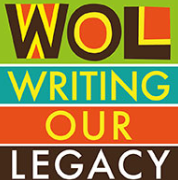
To get involved with the organisation and participate in the various events that they host you can find out more about them here.
Or you can have a look through their various social media platforms:
Instagram: @writingourlegacy
Facebook: Writing Our Legacy

